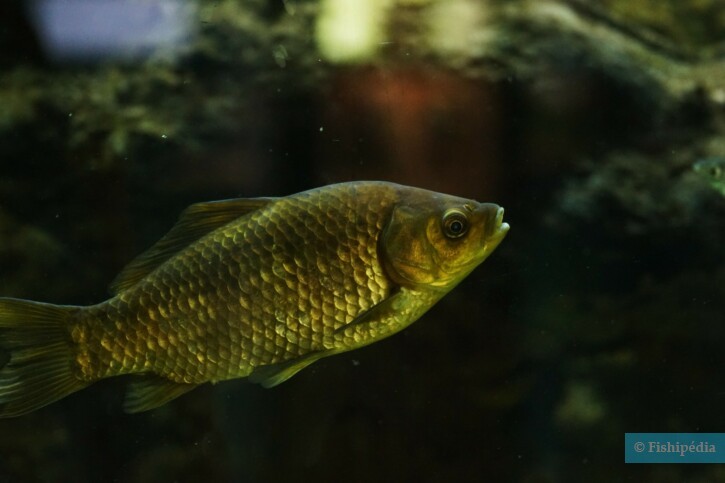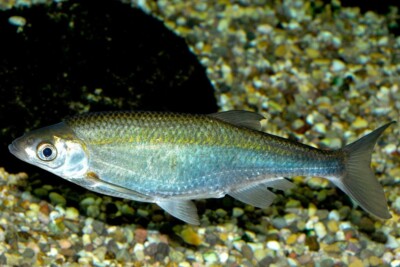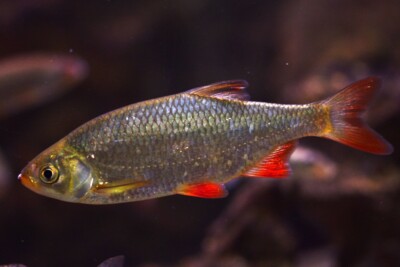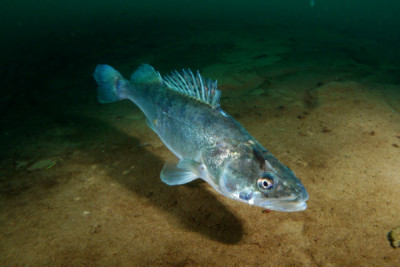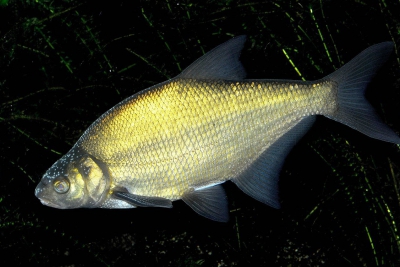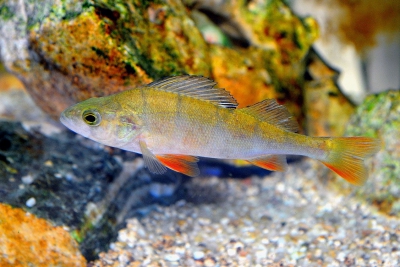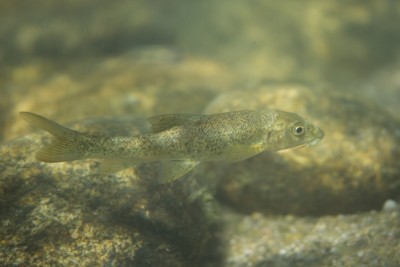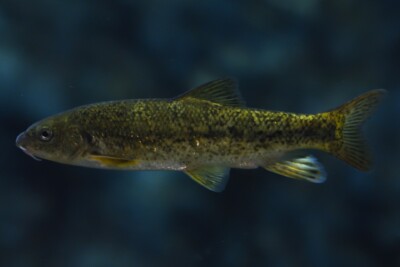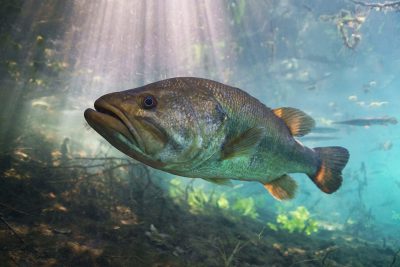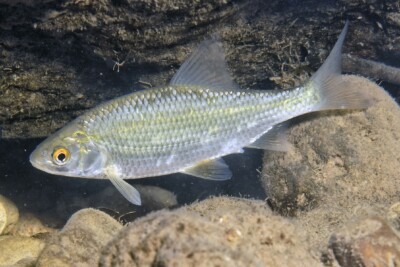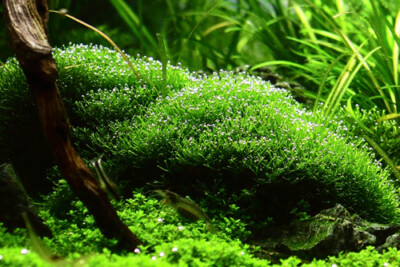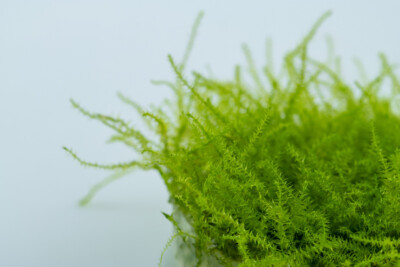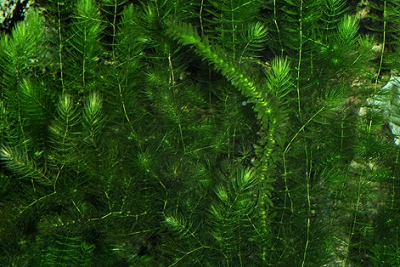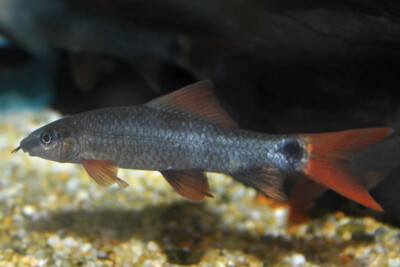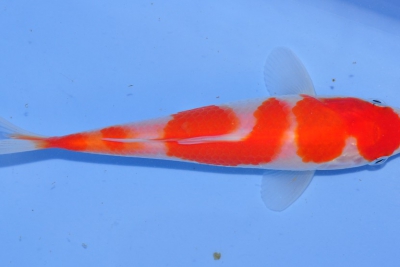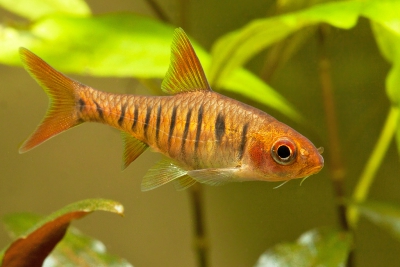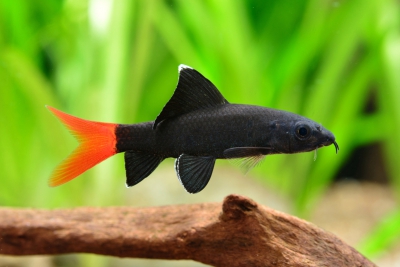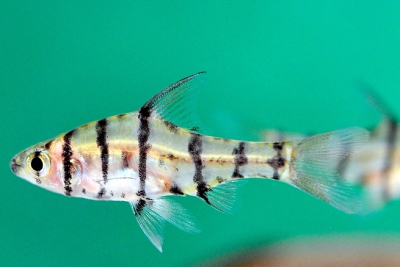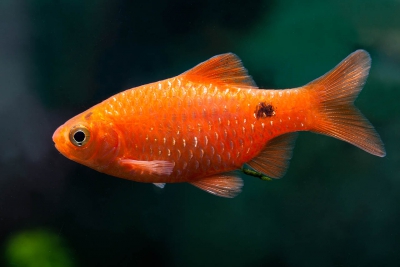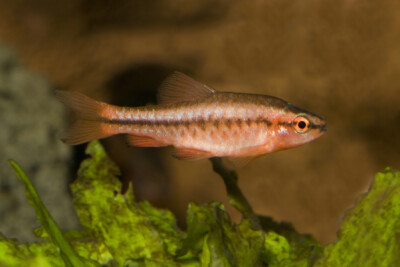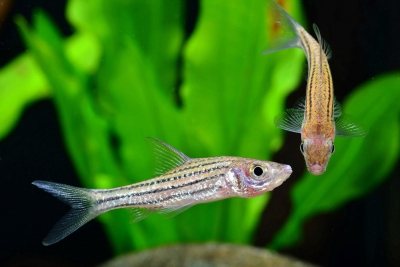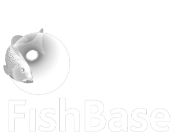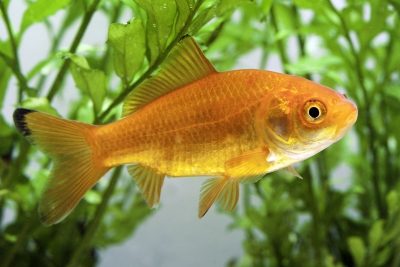crucian carp
| Scientific name | Carassius carassius |
|---|---|
| Descriptor | Linnaeus |
| Year of description | 1758 |
| IUCN category (World) | LC |
| Family | Cyprinidae |
| Genus | Carassius |
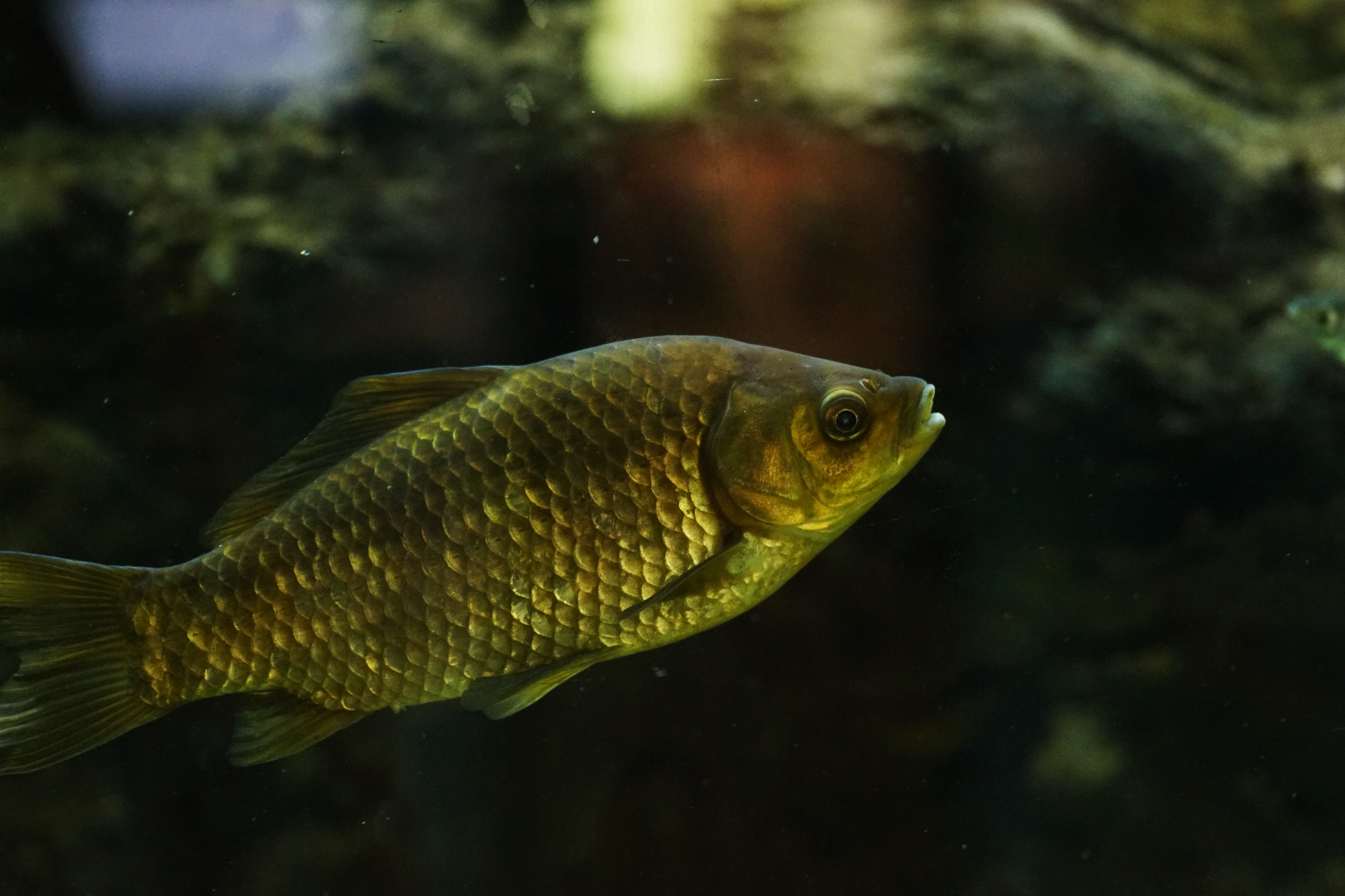

Introduction
Carassius carassius, commonly known as crucian carp, is a fresh water fish from the Europe.
This sheet is currently being prepared. The texts currently proposed come from our data model or are being drafted. To request priority for this content, you can write to us HERE.
Who is it?
Morphology
-
Average size20 cm
-
Maximum size60 cm
-
Longevity10 year
-
ShapeOvoid
-
Patterndrawn scales
-
Average size20 cm
-
Maximum size60 cm
-
Longevity10 year
-
ShapeOvoid
-
Patterndrawn scales
How to recognize This fish ?
The crucian carp measures between 20 and 60 cm. This fish is unicolore with a predominantly vert and marron body. The also has drawn scales.
Behaviour & Life cycle
-
dietomnivorous with herbivorous tendency
-
Sociabilitygregarious
-
territorialNo
-
Way of livingdiurnal
The crucian carp is a fish gregarious naturally found at mid-depth and near the bottom. This species is omnivorous with herbivorous tendency .
n general, this species does not care much about other animals crossing its path.
Reproduction
-
Reproductionovipare qui pond en eau libre
The crucian carp is a fish ovipare qui pond en eau libre.
Harmless species
This species does not represent any particular threats to humans when encountered in its natural environment.
Origin and distribution
What is its habitat?
Natural environment characteristics
-
Temperature10 - 25 °C
-
pH (acidity)6.5 - 7.5
-
gh (hardness)5 - 10
-
FlowSlow and Stagnant
Biotope presentation
Species of the same biotope
Main recommendations for fishkeeping
Deontology
In order to preserve wildlife, if you acquire this animal, it must not be released into the wild. See also, the Fishipedia charter.
Fishipedia supports the practice of responsible and environmentally friendly aquarium keeping. We encourage maintenance if it is motivated by a desire to understand the biological functioning of living things and if it is done with respect for animal life.
We believe that aquaristics is an opening to the discovery of aquatic environments, especially freshwater, and that this knowledge is necessary to better protect and respect these environments. Logically, we refute the compulsive purchase of animals that would not find a sufficient and / or adapted place in the host aquarium.
Our recommendationsThese tips apply to adult species from breeding. With regards to water conditions, wild species or close relatives must be kept under the same conditions as in their area of origin.
-
Min volume300 liters
-
Population min5
-
Temperature10 - 25 °C
-
pH (acidity)6.5 - 7.5
CharacteristicsThe characteristics below apply for adult species. They correspond to an average of cases, validated in maintenance condition.
-
Difficulty breedingThe farming difficulty is relative. It depends on experiments already carried out with similar species. First, it takes into consideration the robustness of the species, the ease of recreation of a favorable environment and the general behaviour with the other inhabitants of the aquarium.moderate
-
Robustnessrobust
-
Behaviourpeaceful
Recommended equipment from our partners
-
Aquarium
-
Filtration
Cohabitation & Environment
Being a gregarious fish, it is advisable to install at least 5 individuals in an aquarium of 300 liters minimum. Group maintenance is a prerequisite to ensure their well-being. Lonely individuals tend to quickly become stressed and become especially susceptible to disease. Although sometimes certain groups can "merge", mixing several gregarious species living in the same zone of life is not recommended if the volume is not consequent.
The crucian carp is a peaceful species that generally does not exhibit behavioral problems in a community aquarium.
Tips for feeding
The crucian carp is omnivorous with herbivorous tendency.
This species can eat dry food (flakes, pellets), fresh food and frozen food. To avoid deficiencies, it is recommended to vary the types of food.
You should not overfeed your residents to avoid polluting the water. For most species, it is better to feed a few small portions each day rather than one large meal.
Reproduction protocol
-
egg-laying protectionNo
Hybridization risks
In general, it is advised not to mix several species of the same genus or different varieties of the same species, to avoid the risks of hybridization.
These animals might interest you
These plants might interest you
Plants play a crucial role in aquariums, both for their ability to filter water by absorbing excess nutrients and for their aesthetic contribution. They provide fish with natural hiding places, can serve as breeding sites, and generally help maintain the overall balance and optimal conditions of the aquarium. The selection presented here includes species from the same regions as the species described on this page, although they do not necessarily come from its exact natural biotope.
To go further
Sources & Contributions
Participation & Validation
The Fishipedia team and specialist contributors are committed to providing high-quality content. However, although the information comes from scientific sources or testimonials from specialists, the cards may contain inaccuracies.

Benoit Chartrer
Translation
Translation done with the valuable contribution of our translators, who make this information available to a wider audience. We sincerely thank them for their commitment.
Scientific partners
Species of the same family
Same genus
Species of the same biotope
